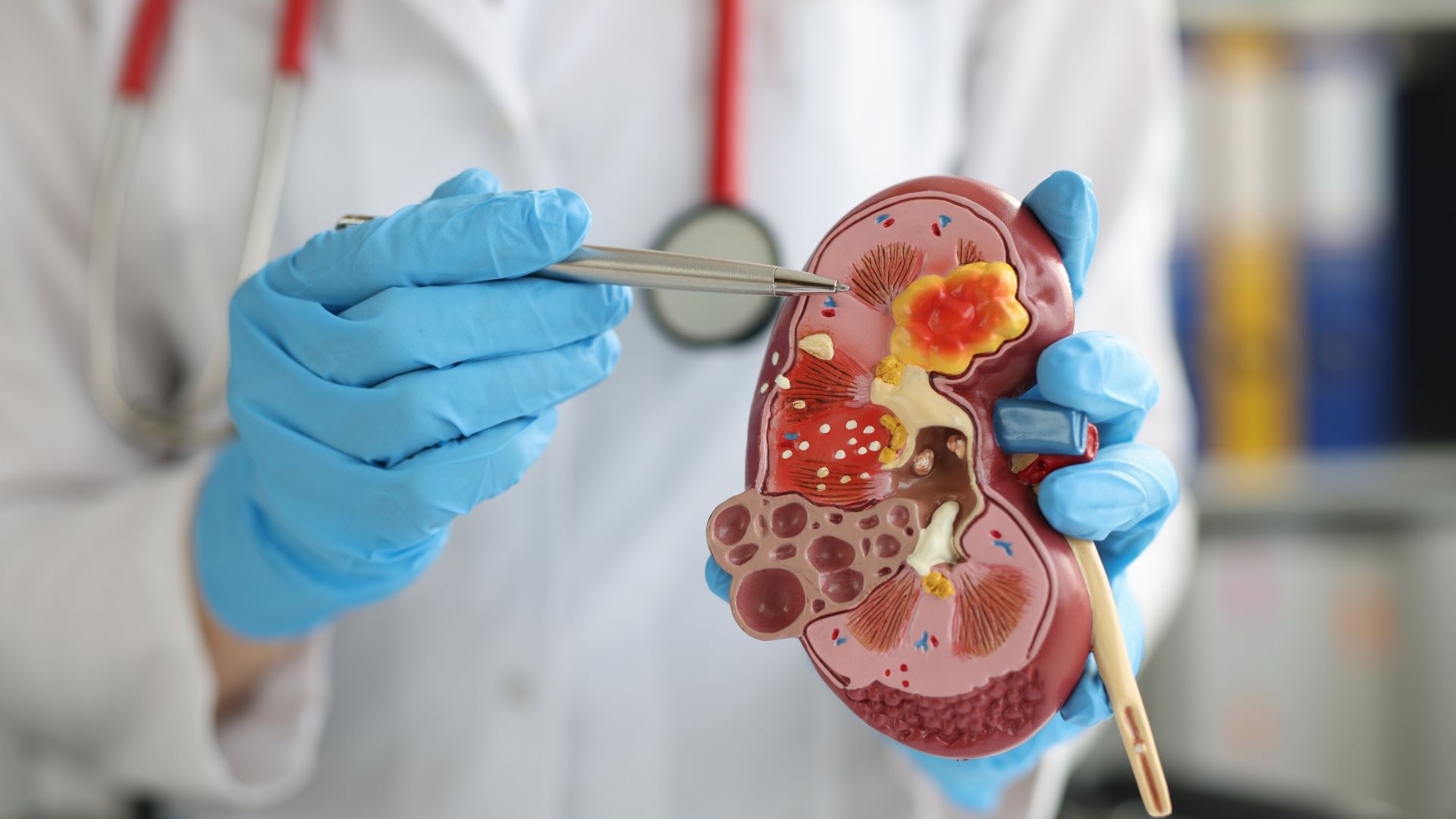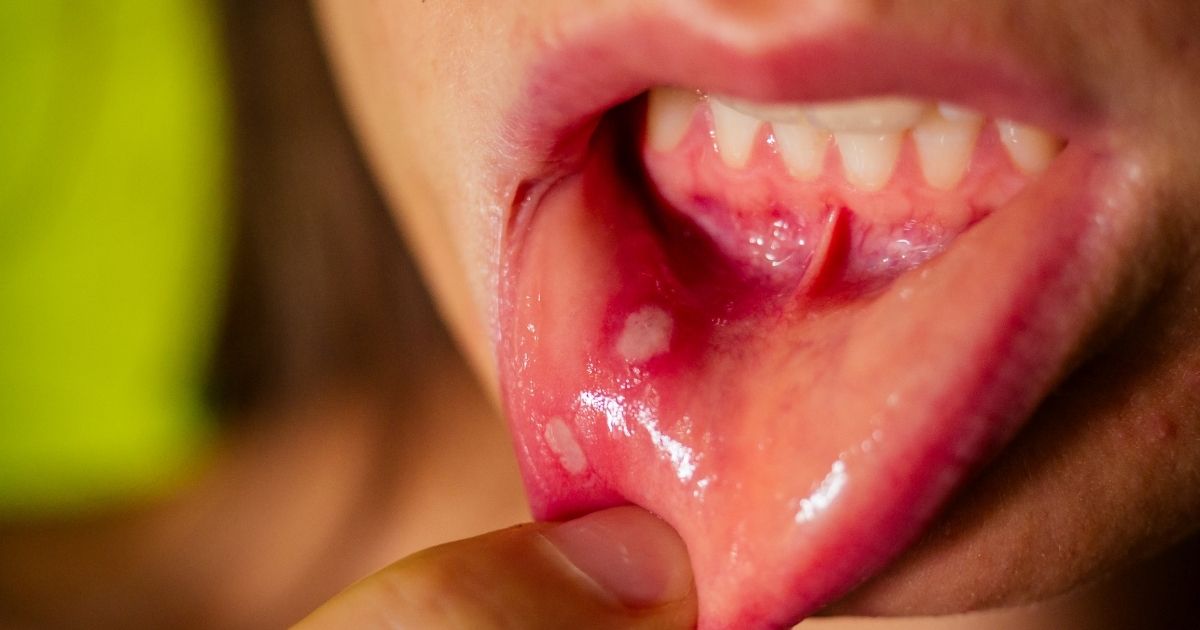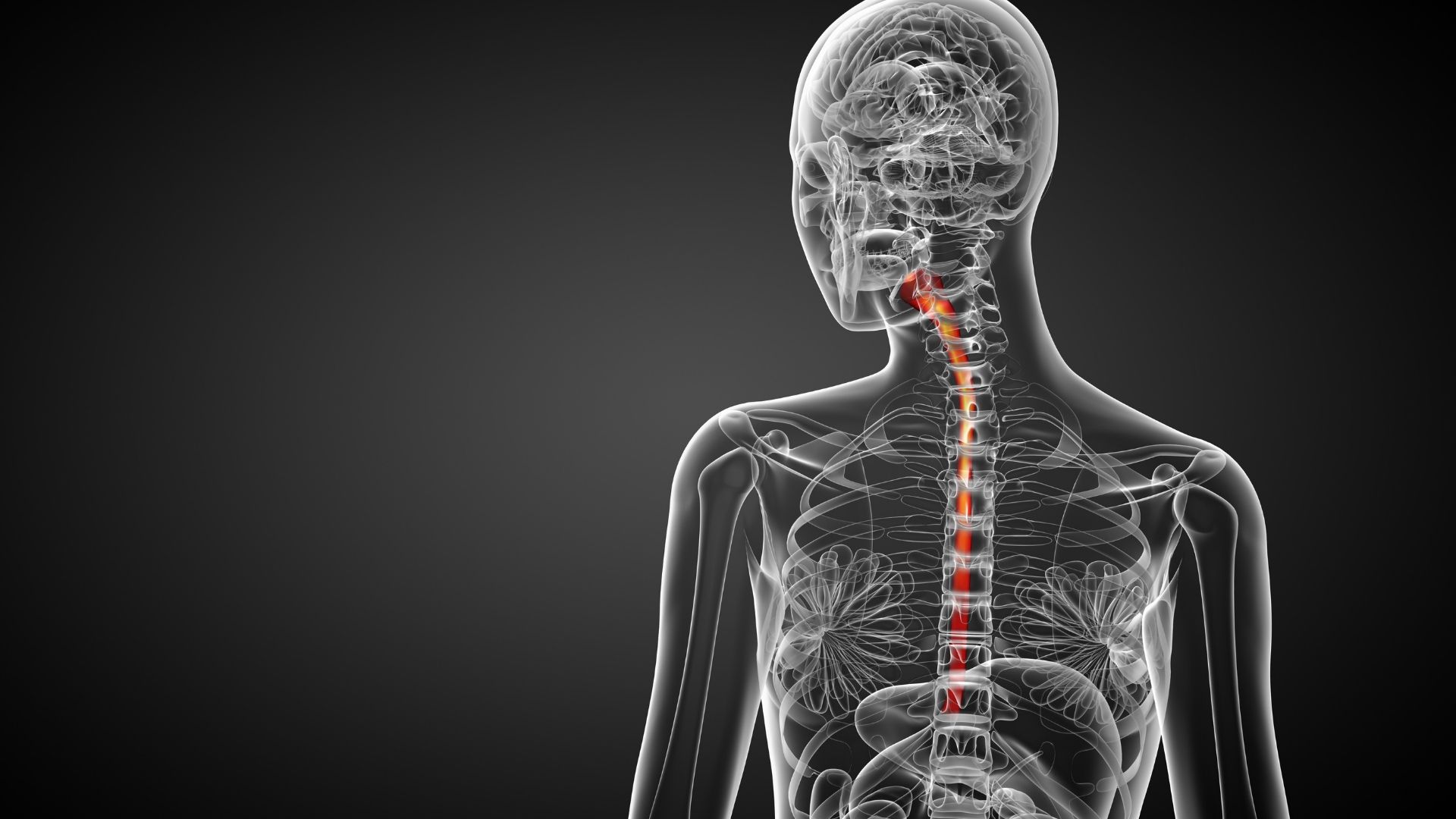What is “Meniere’s Disease”?
Meniere Hastalığı, iç kulaktaki endolenf adı verilen sıvının anormal bir birikimine bağlı olarak ortaya çıkan bir iç kulak hastalığıdır. Bu durum, baş dönmesi (vertigo) ve işitme kaybı gibi belirtilere yol açabilir ve genellikle tek bir kulakta etkisini gösterir. Bu hastalık genellikle genç ve orta yaşlı yetişkinlerde başlar ve kadınlarda erkeklere göre daha sık görülür.
Causes of Meniere’s Disease
The exact cause of Meniere’s disease is still not fully understood. However, it has been observed that the basis of its symptoms is the abnormal accumulation of endolymph fluid in the inner ear. The cause of this accumulation is not completely clear. Experts believe that Meniere’s disease is caused by a combination of multiple factors. These factors may include an abnormal immune response, obstruction or anatomical abnormalities in the drainage of the fluid, genetic predisposition and viral infections.
Complications that may be associated with Meniere’s Disease
Meniere’s disease can lead to the most challenging complications, such as unpredictable vertigo attacks and the risk of permanent hearing loss. This disease unexpectedly interrupts a person’s life and can increase fatigue and stress levels. In addition, vertigo can cause loss of balance and, accordingly, increase the risk of causing various accidents.
How to Prevent Meniere’s Disease?
Unfortunately, it is not possible to completely prevent Meniere’s disease. However, there are some lifestyle changes and home care methods that can help alleviate the symptoms of this disease and improve quality of life. For example, limiting salt consumption and following a proper diet program can help reduce fluid retention. Also, taking proper positions, such as sitting or lying down during vertigo attacks, can prevent symptoms from worsening. People with Meniere’s disease should rest between attacks and take their time returning to normal activities. They can also find information, resources and emotional support by joining support groups.
Symptoms of Meniere’s Disease
Symptoms of Meniere’s disease may include:
Dizziness (Vertigo): A vertigo attack due to Meniere’s disease starts and ends spontaneously. Vertigo attacks are usually sudden and severe and can last from 20 minutes to several hours. The person may lose balance during the attacks.
Hearing Loss: Meniere’s disease can lead to hearing loss, especially during attacks. Hearing loss can alternate between attacks.
Tinnitus (ringing in the ear): The perception of sounds such as ringing, buzzing, roaring, whistling or hissing in the ear is called tinnitus.
Feeling of Fullness in the Ear: Individuals with Meniere’s disease often experience a feeling of fullness in the affected ear.
Symptoms come and go in attacks and symptoms usually improve between attacks. However, these symptoms should not be confused with other health problems and a specialist should be consulted.
How is Meniere’s Disease Diagnosed?
The following methods can be used to diagnose Meniere’s disease:
Physical Examination: The doctor may start by examining the patient’s physical condition and inquire about the patient’s health history.
Hearing Test: Hearing tests are used to assess a person’s hearing levels. People with Meniere’s disease usually hear low-frequency sounds worse.
Video-Nystagmography (VNG) Test: The VNG test evaluates inner ear function by examining a person’s eye movements.
Rotating Chair Test: The swivel chair test is used to measure a person’s eye reactions. The person sits in a rotating chair and the responses of the balance system in the inner ear are examined.
Vestibular Evoked Myogenic Potentials (VEMP) Test: The VEMP test is used to measure changes in the inner ear.
Posturography: Posturography is a computer-controlled test to assess a person’s balance.
Video Head Impulse Test (vHIT): The vHIT test measures a person’s eye reactions during rapid head movements.
Electrocochleography (ECoG) Test: ECoG testing can help identify endolymph fluid buildup by measuring the electrical response of the inner ear.
Blood tests and imaging scans (such as MRI) may also be ordered to rule out other health problems.
How is Meniere’s Disease Treated?
While there is no permanent cure for Meniere’s disease, there are a number of treatment options available to control symptoms. Medication can help reduce dizziness, relieve nausea and reduce the frequency of vertigo attacks. Some drug treatments can be administered by injections into the ear.
In cases resistant to medication or if symptoms are very severe, surgical intervention may be considered. Surgical options may include drainage of endolymph fluid, removal of the labyrinth, which affects the balance system in the inner ear, and correction of the nerve structure.
Hearing lost due to Meniere’s disease can be compensated with hearing aids.
Meniere’s disease can negatively affect quality of life, but with appropriate treatment and lifestyle changes, symptoms can be controlled. People with symptoms of this disease should consult a healthcare professional and follow expert advice on diagnosis and treatment.




